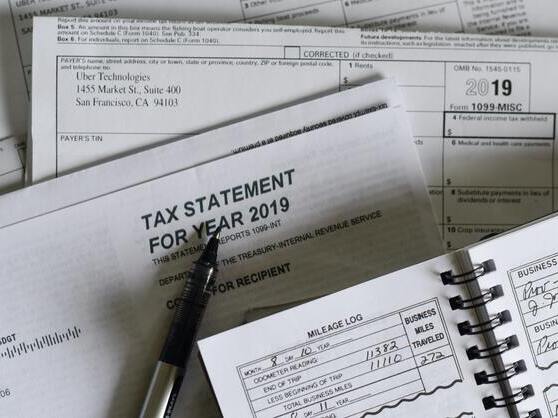As of the end of March 2019, the nation is deep into its first tax filing season since Trump’s tax reform. With the formidable April 15 Tax Day looming just over the horizon, some individuals and entrepreneurs cheer on the changes while others feel cheated by the temporary character of the reform. If you’re among the crowd still wondering what Trump’s tax reform means for small business (and what the catch is), you’re not alone. Here are a few things you should know about the possible impact of the new laws on your business.
Who’s in?
This year, every American will notice some repercussions from the jolt that Trump’s Tax Cuts and Jobs Act gave the nation. While corporations got one more tax loophole under their belt as a result of the law (the Act lowers maximum corporate tax by a considerable 14%), the rest of us are trying to make the most out of the 0-4% decrease in tax rates (based on income tax bracket) and double standard deductions.
For small business owners, the real perk lies in the 20% pass-through deduction. That’s exactly where most small businesses can dig real financial benefits.
So, who exactly are the lucky folks? Basically, that’s sole proprietors, partnership companies, LLCs and S corporations with a taxable income of less than $157,500 (for singles) or $315,000 (for joint filers). If you earn more than that, you must be a “qualified trade or business” – a term that will take quite a bit of legal untangling – to bring the 20% pass-through deduction home.
When does Trump’s tax reform for small business expire?
While the corporate tax cuts are a permanent clause of Trump’s tax reform and mean even lower taxes for the nation’s wealthiest, it is the small business sector that’s worried about their future. That’s because both the 20% pass-through deduction and the individual tax cut laws expire in 2025.
That’s why many small businesses are trying to get the most out of their tax cuts while they can. Entrepreneurs like Lana Pol from Iowa are putting the substantial savings to good use:
“We’re estimating [savings] around up to $40,000,” Pol said. “By utilizing that, we gave our employees raises, knowing that was going to help us for taxes this year.”
Another bright side is that according to the National Federation of Independent Business, for the first time in decades, American business owners are a bit less concerned with taxes than other business issues such as skilled labor and government red tape.
What’s the catch?
Even with the new tax benefits in place, small businesses still face income tax rates of up to 29.6%. Compare that to the fixed 21% rate for mega-corporations, and you’ll get why parity between small and large businesses still seems a faraway prospect.
Another catch is the difference in the seven tax brackets between the old and new systems. The new tax brackets added to the annual inflation will actually result in certain people and businesses paying higher taxes by 2025, if not already.
Finally, as the new tax law is a temporary measure, many small business owners are unsure what Trump’s tax reform means for small business in perspective. This makes planning ahead a tough and increasingly stressful choice for many business owners.
In conclusion
The best option for small business owners is to put together a clear plan of how you’ll use the tax advantages for a maximum boost to your business in the next 3-4 years. While you do that, be sure to keep in mind the larger picture of your business direction in the years after the tax cuts expire. Such an approach will let you apply the short-term benefits of Trump’s tax reform to long-term prosperity.





























